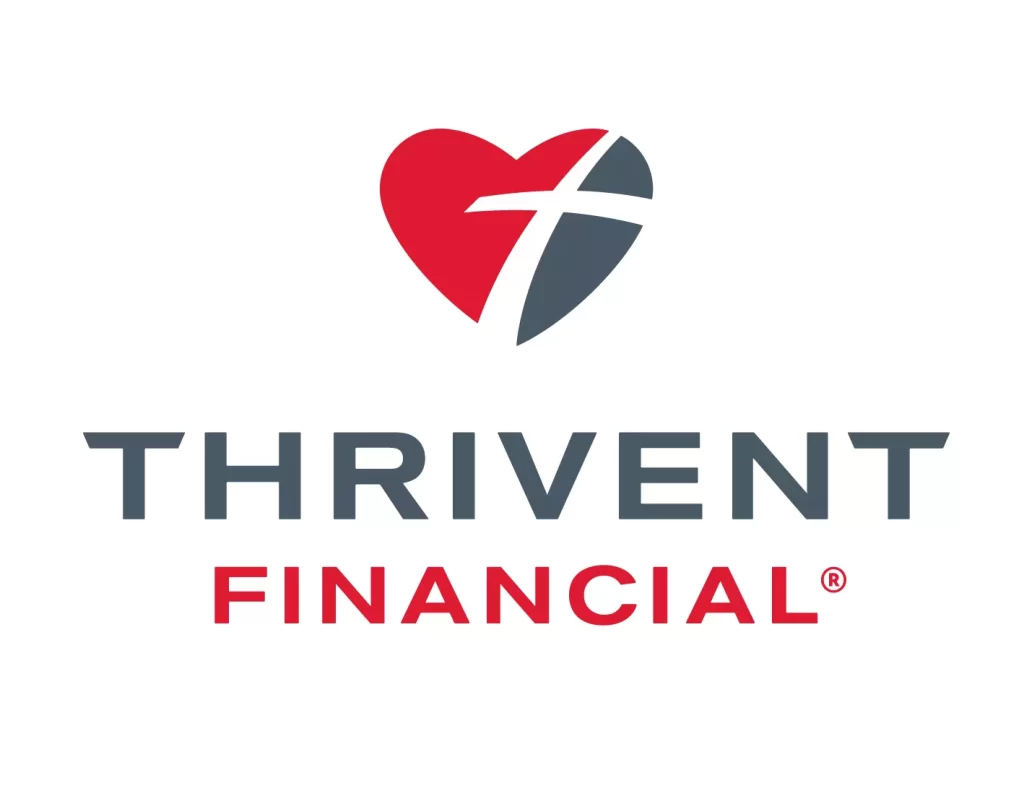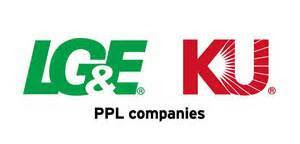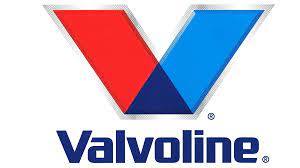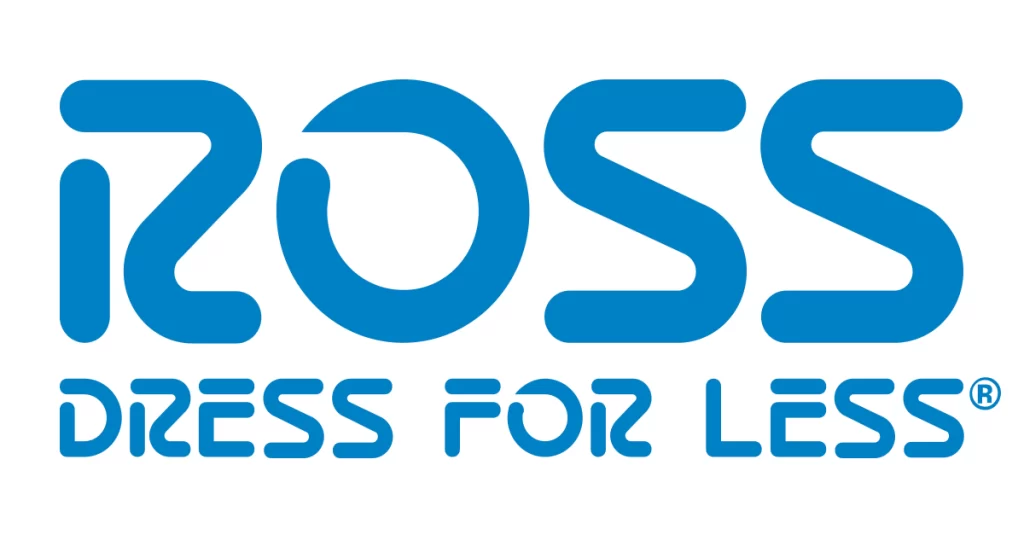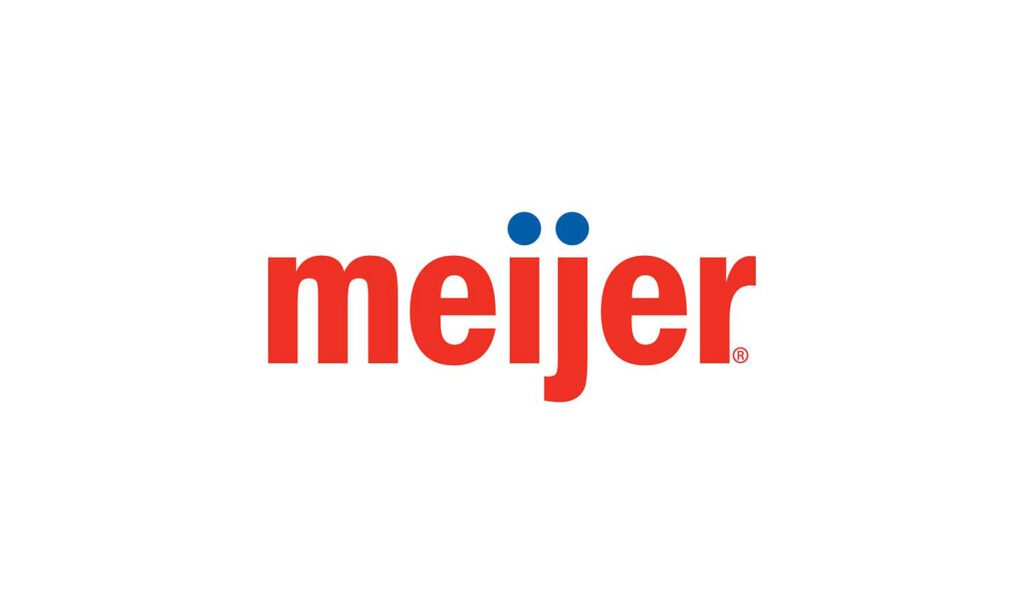Job hunting can be challenging for immigrant workers. Whether you are new to the United States or have lived here for years, the job search can be a difficult and frustrating experience.
Fortunately, there are numerous programs that help immigrants find jobs. In this article, we will provide a step-by-step guide to finding and securing jobs for immigrants in the United States, making the process easier and more accessible. With the right guidance, immigrants can find the opportunities they need to succeed and thrive.
Challenge Immigrants Face When Looking For Jobs
Finding a new job as an immigrant can be stressful. Immigration laws and regulations can be complex and difficult to understand, and finding employers willing to hire immigrants can sometimes seem impossible.
Language barriers, cultural differences, a lack of resources, and a lack of knowledge about the local job market can all also make it difficult for immigrants to obtain employment. Further to that, when seeking employment, immigrants may face discrimination or other forms of prejudice, complicating the process even further.
Benefits Of Finding And Securing Jobs For Immigrants
Finding and securing jobs for immigrants can have a number of positive benefits for both the individual and society at large. For the individual, having a job allows them to gain financial independence, build skills and experience needed in the job market, and have a sense of purpose and belonging in the community. These benefits can help immigrants to feel more secure in their new country and make the most of their potential.
On a larger scale, having immigrants in the workforce can help to diversify the job market, provide unique perspectives and ideas, and bring a valuable source of skills and talent to the country. Thus, finding and securing jobs for immigrants is an important first step in allowing them to live and contribute to their new home.

Despite these obstacles, there are lots of resources available to assist immigrants in finding a new job. From online job postings to local organizations, there are a variety of ways to connect with employers and find the right job for you.
We will look at some of the most common jobs for immigrants and how to find these jobs in your area, understand your rights as an immigrant, build and leverage professional networks, find job postings, and apply for jobs.
Step-by-Step Guide To Finding And Securing Jobs For
A. Understanding the Job Market and Legal Regulations
B. Creating a Resume and Cover Letter
C. Networking and Reaching Out to Employers
D. Utilizing Job Boards and Online Resources
E. Interviewing and Negotiating Salary
Understanding The Job Market and Legal Regulations
Before starting their job search, immigrants should familiarize themselves with the job market and legal regulations surrounding employment in their area.
This can include researching industries and job opportunities that may be available to them, understanding the differences between legal and illegal employment, and learning about the rights and responsibilities of employers and employees.
It can be helpful to review relevant laws and consult with legal experts to ensure that they are aware of any regulations that may affect their job search.
Creating a Resume and Cover Letter
Once they have a better understanding of the job market and legal regulations, immigrants should begin creating their resume and cover letter. This includes gathering relevant work experience and education, formatting the resume and cover letter, and tailoring them to specific job opportunities. It can be helpful to have someone review their resume and cover letter to ensure accuracy and clarity.
Networking and Reaching Out to Employers

Networking is an important tool for immigrant job seekers, as it allows them to connect with potential employers and build relationships that can lead to job opportunities. Immigrants should take the time to reach out to employers, either through cold calling or attending job fairs, to increase their chances of finding a job. This can include researching employers, making contacts through family and friends, and joining professional organizations.
Utilizing Job Boards and Online Resources
There are a variety of job boards and online resources that can help immigrants to find job opportunities in their area. These include job search engines, job boards like ZipRecruiter, and websites that specialize in helping immigrants to find employment. It can be helpful to set up job alerts, create a profile on job boards, and network with other immigrants in their area.
Interviewing and Negotiating Salary
Once an immigrant has identified a potential job opportunity, they should prepare for the job interview and negotiate salary. This includes researching the job, practicing for the interview, and understanding their rights and responsibilities when it comes to salary negotiation.
It can be helpful to practice common interview questions, prepare questions to ask during the interview, and research salary ranges for similar positions.
Resources For Immigrant Job Seekers
Professional Organizations
Professional organizations can be an invaluable resource for immigrant job seekers. These organizations provide access to job postings, networking opportunities, and mentorship programs that can help immigrants to find and secure employment.
Additionally, many professional organizations provide educational programs and resources to help immigrants to gain the skills and knowledge needed for success in the job market.
Community Centers

Community centers are another valuable resource for immigrant job seekers. These centers provide access to job postings, workshops, and other programs that can help immigrants to find and secure employment.
Many community centers also offer mentorship programs that can help immigrants to build relationships with employers and other professionals, offer classes and seminars on job search skills, such as resume writing, interviewing techniques, and networking.
Vocational Training Programs
Vocational training programs can provide immigrants with the skills and knowledge needed to succeed in the job market. These programs provide hands-on training in a variety of fields, such as healthcare, technology, and manufacturing.
Many vocational training programs offer job placement services and career counseling to help immigrants find the right job.
Government Programs
Government programs can be an important resource for immigrants looking for jobs. These programs provide access to job search assistance, job training, and other resources to help immigrants gain the skills and knowledge needed to find employment.
Some government programs offer financial assistance and other benefits to help immigrants to cover the cost of living while they search for a job.
Final Words
Finding a job as an immigrant can be challenging, but there are many resources and programs available to help. Immigrants can increase their chances of success by understanding the job market, networking, using job boards and online resources, and negotiating salary.
Professional organizations, vocational training programs, and government programs can also be helpful. Immigrants can take advantage of these available resources.














